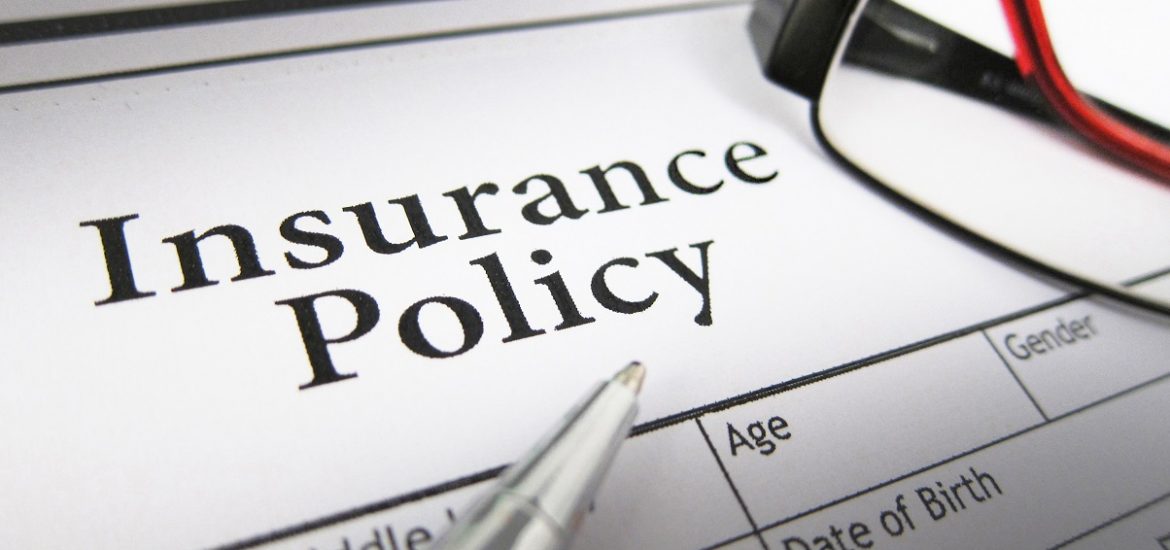A legal agreement between two parties is termed as Insurance. It is an agreement made between an insurer, an insurance company, and the insured, the person taking the Insurance.
Insurances are all about the insurer ensuring benefit in the cases of contingency. A contingency is when a particular event causes a loss to the insured. The loss can be anything like the policyholder’s death and personal belongings loss like damage to the property, car, and others.
Since there is uncertainty regarding the loss of the insured, it is called contingency. After the insurer has made the promised compensation, the insured, in return, pays a premium. Find out more about whole life insurance.
How does Insurance Work?
The first step is getting an insurance policy. This is a legal contract between the company and the individual for getting the Insurance. The agreement holds essential details regarding the conditions and circumstances under which the insurance amount will be provided to the individual or their nominees. Generally, the premiums for great insurances are lesser in terms of the money paid.
Since a minimal number of individuals actually end up claiming the Insurance, the companies risk high amounts of providing covers for small premiums. Through this, individuals can get Insurance for significant amounts at lower prices.
Individuals can seek Insurance from any insurance company, but the choice of providing Insurance depends entirely on the company’s discretion. This decision is usually dependent upon the examination of the claim application. The companies mostly agree on giving the Insurance but reject in case of high-risk applicants.
Types of Insurance
Insurance is categorized into various types: life, health, vehicle, property, and education insurance. Let’s have a look at the types one-by-one.
Life insurance
As the name suggests, life insurance is entirely dependent on the individual’s vitality. This type of Insurance is helpful in case of the sudden demise of the individual. Life insurance will support the individual’s family when the policyholder expires during the term of the policy. This type is advantageous when a single individual is the sole breadwinner of the family or depends on one individual.
Health Insurance
Health policies can be bought in two types: generic health policy and a policy for specific diseases. Generic health policy covers various ailments, whereas an approach for certain conditions will cover the cost of particular diseases. The premium for both policies usually covers the medication, treatment, and hospitalization costs.
Vehicle Insurance
If your car acquires damage due to any reason, vehicle insurance can be convenient. This Insurance covers up not only damage to the vehicle by accidents but also by natural calamities. Vehicle insurance also covers third party liabilities to pay for damage to another person’s car.
Education Insurance
This type of Insurance is beneficial when you have to pay for the college fees of your children. This Insurance provides funding for the child, whereas the policy’s legal holder is the parent or the guardian.
Property Insurance
Property insurance helps cover the loss or damage to the house and the things used. It substitutes for losses due to natural reasons like an earthquake, flood, or accidental causes like a fire.
Conclusion
While insurance isn’t for everyone, those with substantial dependents – such as children or spouses not employed in the paid labor force should consider buying insurance. Similarly, those with a business that has substantial assets should also consider purchasing insurance. After all, while risks of a specific disaster may be low, you don’t want to be on the wrong end of a financial catastrophe.
Image attribution: CheapFullCoverageAutoInsurance.com
